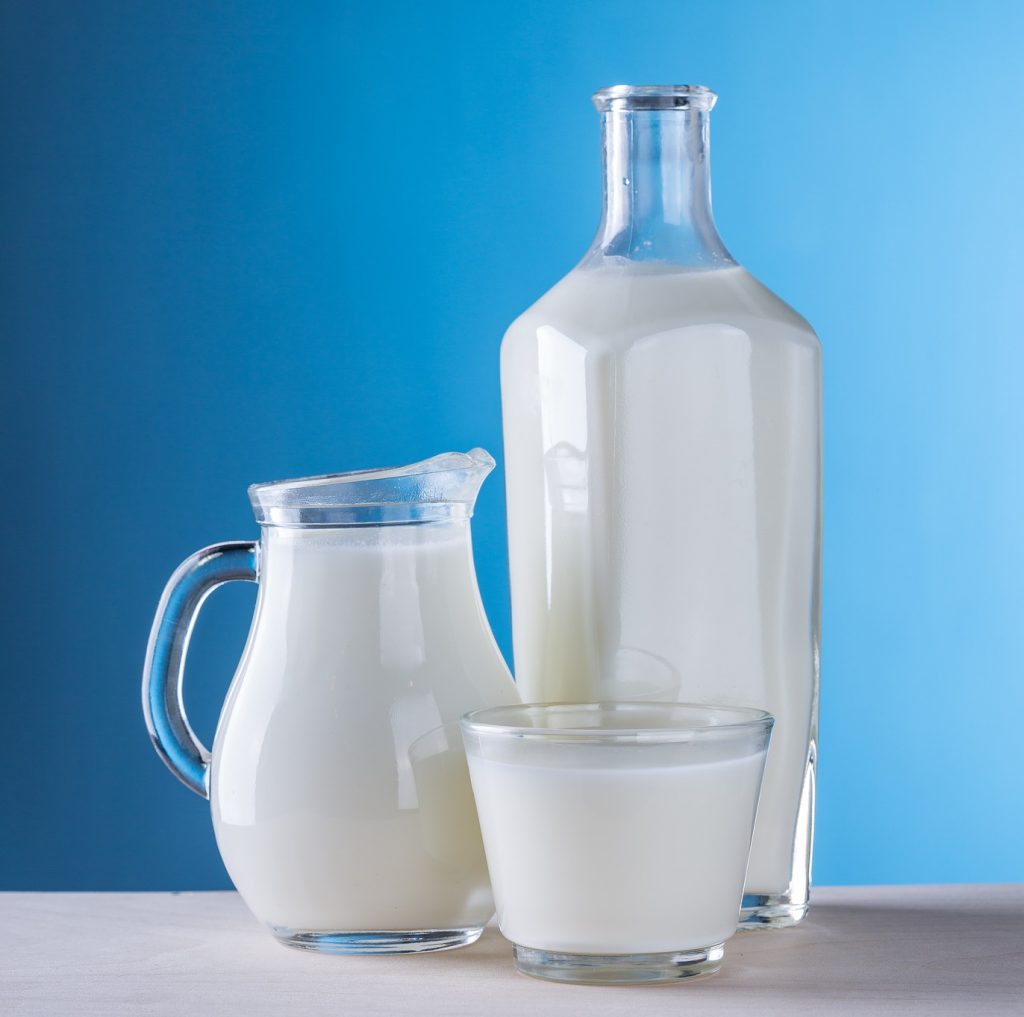Iodine is an essential mineral in the production and function of thyroid hormone, which plays a large role in energy metabolism and regulation of body temperature. Iodine is also important for promoting brain development and proper growth, especially in infants and during pregnancy.

How much do I need?
- 90 micrograms per day for children 1-8 years old
- 120 micrograms per day for children 9-13 years old
- 150 micrograms per day for all individuals 14 years and older
- 220-290 micrograms per day for pregnant women and breastfeeding mothers 14 years and older
For recommendations for infants, check out the chart in National Institute of Health’s Fact Sheet: Iodine
Food sources
The most common source for dietary iodine is iodized salt. However, iodine can be naturally found in seaweed and seafood, such as cod and shrimp. For example, a 3-ounce serving of cod has approximately 99 micrograms of iodine. Other good sources include dairy and enriched grain products and eggs. Depending on the iodine content in soil, some fruits and vegetable can also contribute dietary iodine.
What happens if I don’t get enough?
Iodine deficiency is uncommon in the US due to the fortification of table salt with iodine. However, severe iodine deficiency can result in a goiter or an enlarged thyroid gland. In pregnant women, iodine deficiency can cause stunted growth and delayed brain development in the fetus. In infants and children, deficiency can also lead to lower IQ and other mental impairments.
Can I get too much?
Consuming iodine in very large does can result in the same symptoms as iodine deficiency, and sometimes thyroid cancer. Some other symptoms of iodine toxicity include burning of the mouth, throat, and stomach, fever, nausea, vomiting, and weak pulse. However, toxicity is rare when iodine is consumed through natural foods.
Did You Know?
Following a healthy diet as suggested in the Dietary Guidelines for Americans can help you easily meet your recommended daily iodine intake. A healthy diet is rich in fruits, vegetables, whole grains, and low-fat or fat-free dairy products and includes lean meats, poultry, fish, beans, eggs, and nuts are all good sources of iodine!

